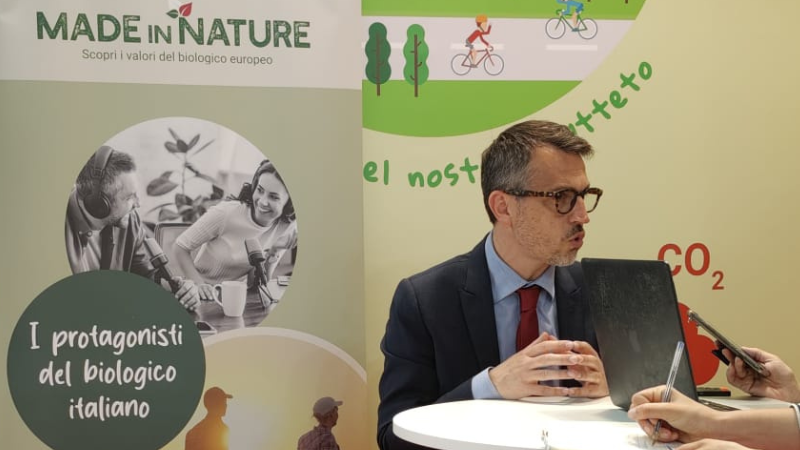
Organic farming is recognized as a practice that can help combat climate change because of its techniques that make the use of synthetic chemicals avoidable and promote biodiversity and soil health. However, paradoxically, one of the biggest obstacle organic farming is facing in recent years is the effects of climate change itself. Vincenzo Finelli, general manager of Orogel, a company for which organic accounts for roughly twenty percent of its turnover, highlighted how organic production in Italy is facing significant challenges, including extreme weather conditions such as frosts, hailstorms, and heavy rains. These increasingly frequent events affect especially the north-central part of the country, increasing difficulties related to moisture and specific pathogens. In response, his company is trying to innovate through agronomic techniques. In this scenario, in order to overcome common challenges and sustain the organic supply chain, cooperation among companies, even if they compete commercially, is crucial. The Made in Nature project is a perfect example of this collaborative approach.
Given the great difficulties which have arisen in recent years throughout the organic supply chain, it is necessary to put aside purely commercial competitiveness in order to achieve a more important common goal: that of keeping an entire supply chain on its feet.
Vincenzo Finelli, general manager of Orogel